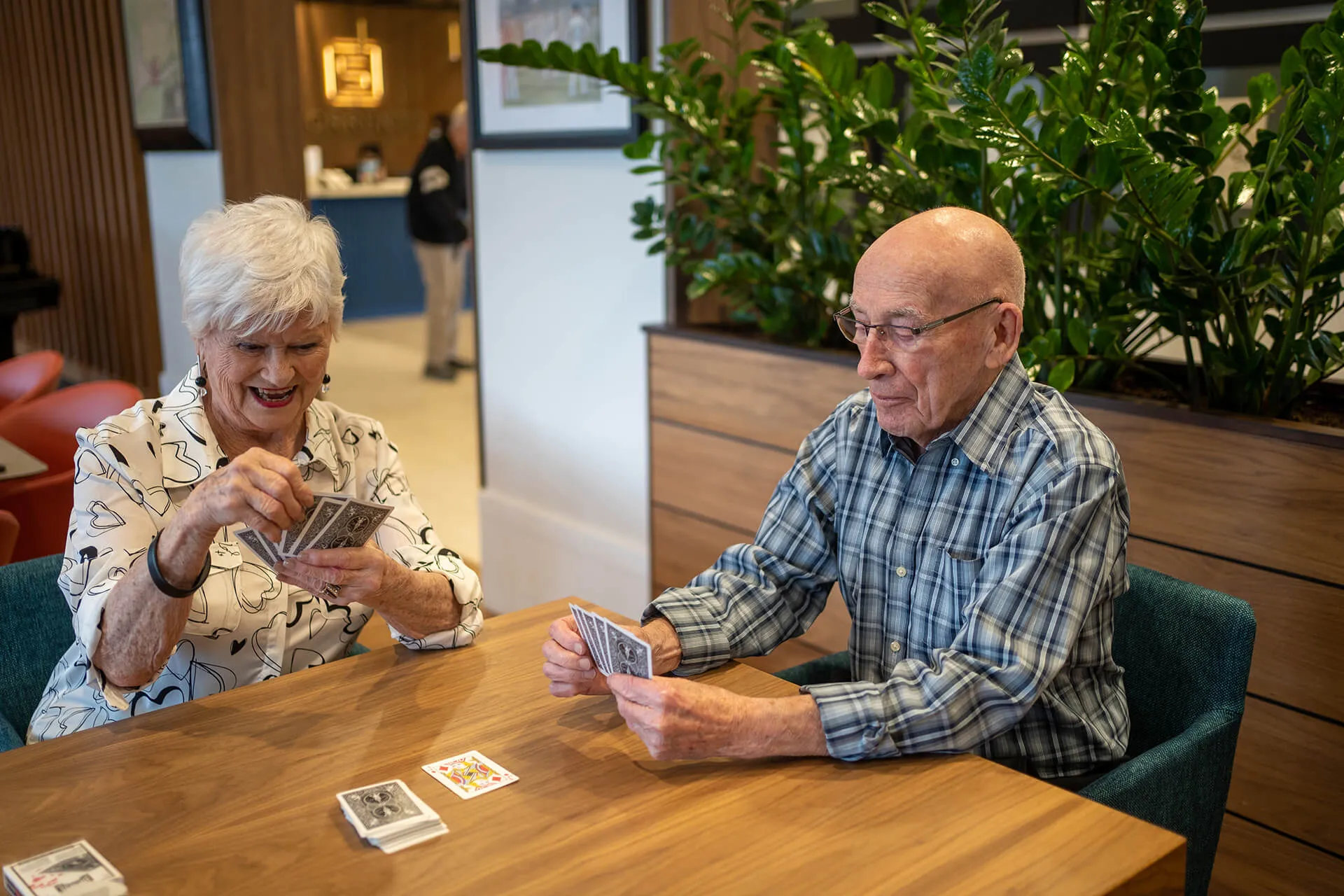When we think of retirement, some of us picture days of relaxation and free time that will last years into the future. But with retirement comes some uncertainty about finances, your wellness, and what’s next in life. Here are some ways you can avoid coming down with the retirement blues.
Find a purpose
Many retirees struggle to switch from work mode, and the transition becomes even more difficult when their sense of identity was wrapped up in their job. Going from being a teacher, doctor, or truck driver for multiple years to being retired can trigger feelings of purposeless.
One way to fight back against this mindset is to set new goals. With your new lifestyle comes new plans you can think of for the person you are now. Doing this can help you get a clear sense of direction and help you look forward to some meaningful activity. Finding your new purpose will help your physical and emotional well-being adjust to this new phase of life and silence some of those scary thoughts.
Create and follow your own schedule
Losing the structure and schedule of your job can be another hurdle. This change is not easy for everyone, and it can be hard to fill the gap. If possible, make a gradual transition for a more mellow adjustment period. Phased retirement can help you get a handle on the next stage of your life.
Make a calendar of your new routine and how you plan to fill your days. This will help you feel more in control. If you decide you want to spend some of your time volunteering, you’ll gain a sense of purpose and structure in your new routine. Like all routines, they can be hard to start and manage, but knowing you have one will help.
Socialize
Boredom and isolation can contribute to feelings of depression. Retirement can be challenging if you lost a spouse, live alone, are experiencing health difficulties, or are simply less active than before you stopped working. Many retirees miss the social incentives of work and struggle to find ways to stay connected. Continuing to socialize can have a significant impact on your mental health and helps to keep you engaged.
Physical limitations do not have to stop you from staying social either. Using technology, including social media, video applications, and others can keep you engaged, help you learn new skills, and lessen feelings of loneliness.
Stay active
Staying active is one of the most important things you can do for your physical, mental, and emotional well-being. “Active” should be taken as a loose term, so don’t overthink what you must do. This tip goes hand in hand with socializing. Whether you take a fitness class, start a garden, or go on walks with friends, it helps you stay active. Volunteering, taking on part-time work, and keeping up with family activities keep your body going and your mind immersed in the here and now.
If you are getting ready to retire or already are, consider home or other projects you want to take on when you enter retirement. Undertaking these new tasks you chose will keep you from dwelling on the past.
You are not alone
One vital thing to remember is you’re not alone. You are not the only retiree worried about the future or struggling with finances. Even if the retirement blues seem unavoidable, it doesn’t mean you have to be stuck in them forever. There are many resources to address your mental health, or if you just want help figuring out what’s next. The thing to remember is that you’re going to get there eventually.
At Sorrento, we pride ourselves on helping our residents stay active, engaged, and cared for in all stages of retirement. Learn more or schedule a tour today.
Alexandria Roland is a Medicare expert, licensed insurance agent, and digital marketing coordinator at Boomer Benefits. Alex helps to manage a growing online community of over 30,000 seniors in the Boomer Benefits Medicare Q&A Facebook Group.

